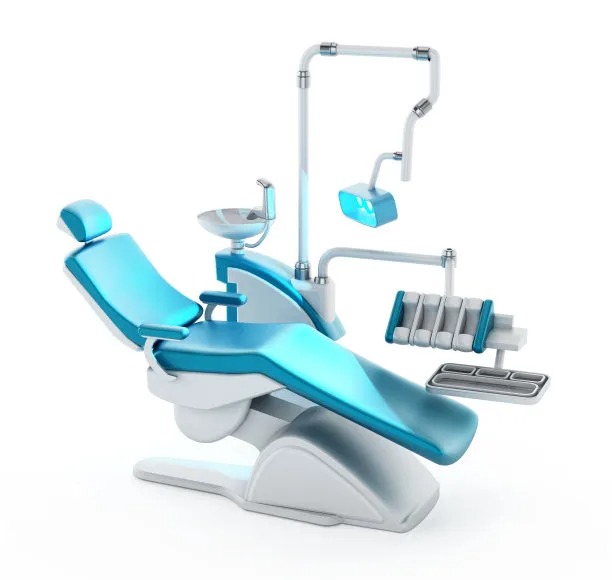Essential Guidelines to Ensure Safety and Success in Your Dental Implant Procedure
Summary: Dental implant procedures can restore functionality and aesthetics to those with missing teeth, but ensuring their safety and success is critical. This article outlines essential guidelines to assist patients in making informed decisions before, during, and after their dental implant surgery. Key aspects covered include choosing a qualified dental professional, understanding the procedure and recovery, managing risks and complications, and maintaining proper aftercare and follow-up. Each section provides detailed insights to enhance patient understanding and ensure a smooth dental implant experience.
1. Selecting a Qualified Dental Professional

Choosing the right dental professional is paramount for the success of your dental implant procedure. A qualified dentist or oral surgeon with extensive experience in implants can ensure that the procedure is safely and effectively executed. It is essential to check their credentials, training, and specialization in dental implants.
Researching potential candidates is another critical step—look for reviews and testimonials from previous patients. A consultation can provide insight into their approach, techniques, and the technology they use, which can greatly impact the outcome of your treatment.
Additionally, inquire whether the professional uses digital imaging technology and advanced materials. These tools not only enhance precision during placement but also improve patient comfort and recovery time.
2. Understanding the Procedure and Recovery
Awareness of the dental implant process can help alleviate apprehension surrounding the procedure. Generally, the treatment begins with a comprehensive examination, where the dental professional assesses the condition of the jawbone and surrounding tissues. Following an assessment, the professional will develop a personalized treatment plan.
The procedure typically involves implant placement into the jawbone, which may or may not require initial tooth extraction or grafting. Knowing what to expect during the surgery—such as anesthesia used and the duration of the procedure—helps patients prepare mentally and physically.
Recovery is another essential aspect to consider. Patients must follow post-operative instructions to ensure proper healing. This might include dietary restrictions and scheduled follow-up visits to monitor progress. Understanding these elements can lead to a smoother recovery process with fewer complications.
3. Managing Risks and Complications
No surgical procedure is without risks, and dental implants are no exception. Potential complications can include infection, implant failure, or damage to surrounding teeth or blood vessels. It is crucial to discuss these risks with your dental professional beforehand to make an informed decision.
To manage risks effectively, patients should provide a complete medical history, including pre-existing conditions or medications. Certain factors, such as smoking or uncontrolled diabetes, can increase the likelihood of complications; addressing these factors can help minimize risk.
It is also beneficial to understand the warning signs of complications post-surgery—persistent pain, swelling, or discharge may require immediate consultation. Being proactive about any concerning symptoms can lead to early intervention and better outcomes.
4. Proper Aftercare and Follow-Up
Aftercare is instrumental in ensuring the success of dental implants. This includes practicing good oral hygiene by brushing, flossing, and using antimicrobial mouthwash. Keeping the implant site clean can decrease the risk of infection and promote healing.
Patients should also adhere to dietary recommendations post-surgery. Sticking to soft foods for a given period may be advised to avoid placing too much pressure on the newly placed implant. Staying hydrated and following nutrition guidelines can aid in recovery.
Finally, scheduling regular follow-up visits with your dental professional is important. These visits allow for the monitoring of your implants integration into the jawbone and ensure that any necessary adjustments can be made early on. Continuous communication with your dentist will provide reassurance throughout the recovery period.
Summary:
The journey towards achieving a successful dental implant involves careful consideration and preparation. From selecting a qualified professional to understanding the procedure and commit to diligent aftercare, patients play a significant role in the outcome. Following these essential guidelines helps ensure not only a successful procedure but also a smooth recovery.
This article is compiled by Vickong Dental and the content is for reference only.



